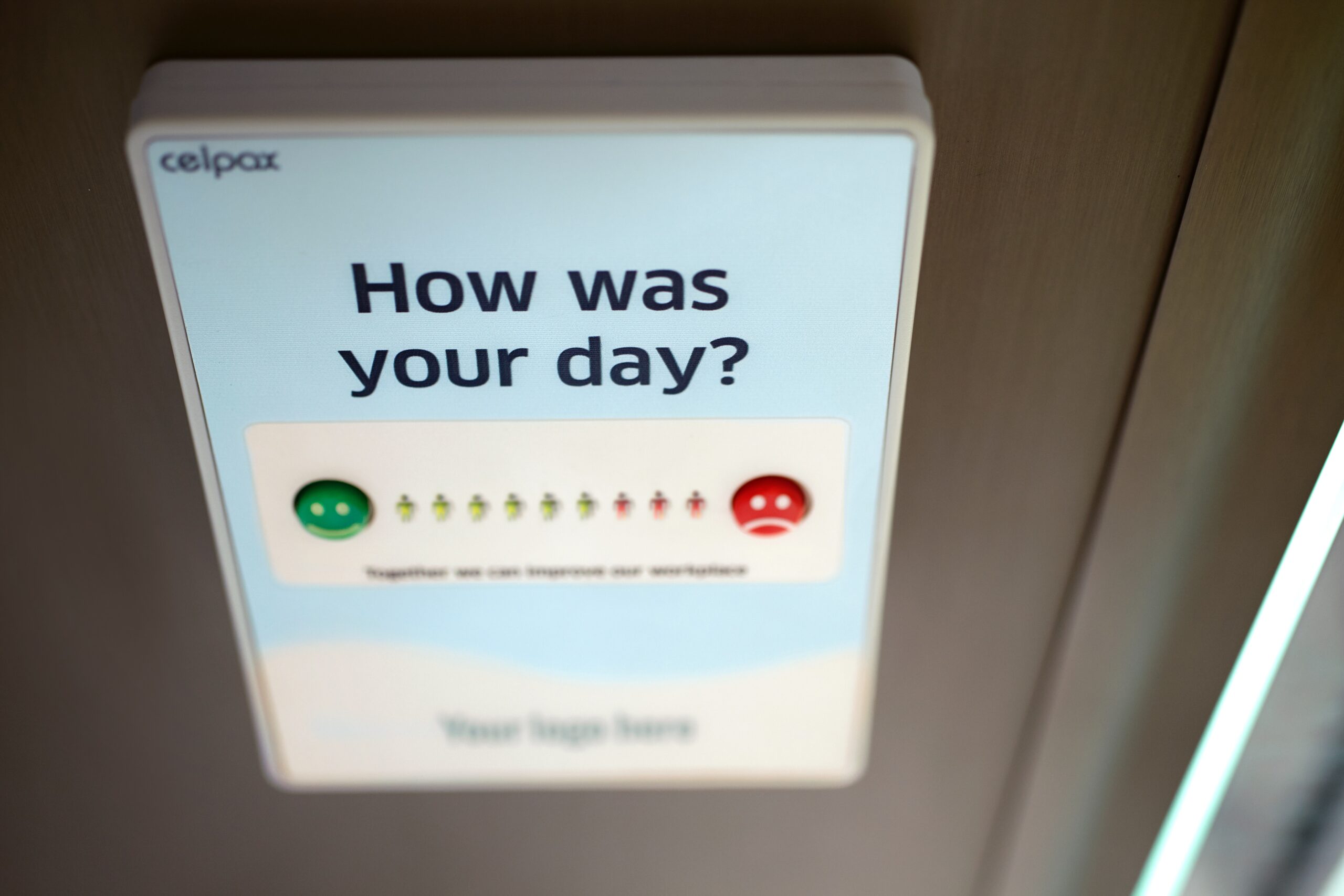Australia’s Intergenerational Report 2023, released last week, outlines a number of challenges facing us in the next 40 years. Five macro trends are identified, which are outside the control of individuals but will shape our lives in the decades to come:
- population ageing will lead to longer life for many but also greater health and social costs as well as a shrinking workforce;
- technological and digital transformation are reshaping all aspects of our society;
- climate change and the net zero transformation are likely to significantly disrupt our economic, physical and social environments;
- rising demand for care and support services may lead to greater inequities with a diminishing cohort of working-ageing people to provide services, and
- geopolitical risk and fragmentation, with the Ukraine war demonstrating how regional conflicts can lead to unexpected outcomes for the global economy, world peace, and supply chain stability.
Behind this list lie other challenges, such as providing equitable health and education access as well as employment opportunities for everyone, addressing strengthening mental health and resilience, and halting the epidemic of loneliness which has been exacerbated by the Covid-19 pandemic. To monitor these social metrics, the Australian Government recently released a Measuring What Matters Framework which will measure wellbeing factors under five headings: health; security; sustainability; cohesion; and prosperity.
Drawing together 50 indicators under the five themes, the Framework provides a structure for monitoring the factors which contribute to a good quality of life. For instance, the Framework includes indicators measuring loneliness, volunteering (as a proxy for social connection), social cohesion, and life satisfaction.
The Intergenerational Report and the Framework provide a means of forecasting long-term national trends while monitoring the core factors that influence people’s lives. Over time, the Framework will be able to paint at least a partial picture of how well we are providing for all Australians in terms of quality of life, prosperity and wellbeing.
This is important because while Australia is a wealthy country with a stable government and strong social systems, there are also many people who are suffering hardship. The first State of the Nation Report, also released this month, provides a snapshot on social connection in Australia in 2023. This report, published by the advocacy organisation Ending Loneliness Together, highlights the impact of loneliness and social isolation on the population. According to the report, 1 in 3 Australians report feeling lonely, with 15% of us feeling always or often lonely. Loneliness particularly affects the young and those living on their own, affecting men and women equally, across every state and territory. As the report states, ‘loneliness affects everyone’. Importantly, the report notes the growing body of evidence that loneliness is a risk factor for poor mental and physical health.
Taken together, these documents identify those necessary conditions for wellbeing and happiness, while also identifying the barriers – structural, systemic and personal – that make it harder for individuals and communities to thrive.
Much has been written about increasing levels of loneliness and social isolation in the past few years, particularly exacerbated by the Covid-19 pandemic. It is tempting at times to look at what is wrong in society and, of course, there is much to see. At the same time, according to the World Happiness Report 2023, pro-social acts (that is, acts of benevolence and generosity) have increased in the pandemic years, suggesting that people still possess great capacity to care for one another in crises. In addition, data reveal that positive social support and connections were twice as prevalent as loneliness in the countries where life satisfaction are highest. So while not losing sight of the need to address loneliness and other pressing issues, we need also to celebrate and encourage the human capacity to find ways to connect socially and emotionally, and to solve the problems we face. Our world is complex and no set of measures will ever provide a complete picture of a country. We measure what we can to find out how well we are doing in creating a better future, one that provides peace, safety, opportunity, belonging, creativity and happiness, one in which all people can thrive. Ultimately though, public policy can only ever create the environment in which that future can be achieved. It is up to our spirit of benevolence and generosity, trust and love, to make it happen. Only time will tell how well we measure up.

